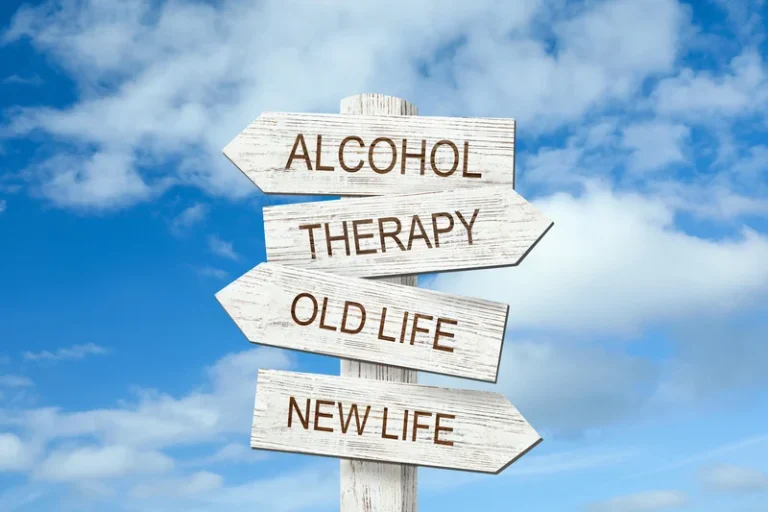
Researchers also found decreased rates of coronary artery disease (CAD) and non-fatal stroke among people who drank alcohol compared to those who didn’t. But having more than three alcoholic drinks daily could increase your risk for a type of stroke caused by bleeding in the brain (hemorrhagic strokes). This may lower your risk for the type of strokes caused by blockages in blood vessels. Avoiding the combination of blood thinners and alcohol is much more difficult for those addicted to alcohol. Even though it could be harmful, people who struggle with alcohol abuse may find themselves combining alcohol and blood thinners even though they know they shouldn’t.
What Are the Effects of Drinking Alcohol on the Blood?

Speak with a healthcare professional about the benefits and risks. When it comes to the health of your blood vessels, have a conversation with your doctor. But in people who drink heavily, there can be a rebound effect in which the bleeding risk increases, even after they’ve stopped drinking.
Treatment Programs
In people who drink moderately, the effect of alcohol on platelets is short-lived. Eliquis is a common blood thinner that does not require routine blood tests like some anticoagulants do. Using alcohol with Eliquis can increase the risk of internal bleeding, so alcohol use should be limited. Coumadin is one of the most commonly used blood thinners in the U.S., but it carries a 3% to 6% risk of major bleeding.
- Combining alcohol with blood thinners poses certain risks that individuals should be aware of, as it can have implications for both health and medication effectiveness.
- Heavy drinking with these drugs increases the risk of stomach bleeding.
- But many believe the idea of larvae being added to mezcal simply comes down to marketing.
- When a person experiences an injury, those platelets travel to the area to form together into a blood clot to stop the bleeding.
- Alcohol use — especially in excess — can also pose other risks to your health.
- Beyond the effects on bleeding and healing, excessive alcohol consumption can contribute to a range of other health risks.
Why Are Blood Thinners Prescribed?

It is intended for general informational purposes and is not meant to be a substitute for professional medical advice, diagnosis, or treatment. Always seek the advice of your physician or other qualified health provider with any questions you may have regarding a medical condition. If you think you may have a medical emergency, immediately call your physician or dial 911.
Blood thinners are medications that treat and prevent blood clots. Blood clots are semi-solid clumps of red blood cells, platelets, fibrin (a type of protein), and other proteins. Alcohol is itself a blood thinner, and it also increases the time your blood thinner medication stays in your system. For these reasons, drinking alcohol while taking blood thinners can make it hard for your blood to clot, which can increase your risk of bleeding heavily. Long-term alcohol consumption can have more significant effects on blood and overall health. Chronic heavy drinking can lead to a range of health issues, including damage to the liver, heart, and blood vessels.
How does alcohol consumption affect my high cholesterol or risk of other cardiovascular issues?

If you’re a regular drinker, you may need to get your medication levels checked more often. However, a blood clot can sometimes develop in, or travel to, an artery that delivers oxygen-rich blood to your blood thinners and alcohol heart or brain. Thick blood (hypercoagulability) stops oxygen, hormones, and nutrients from moving smoothly throughout your body. It also leads to blood clotting, which prevents you from bleeding out.
Alcohol and caffeine affect sleep
- We’ve covered food myths before, and now we’re diving into misconceptions surrounding booze.
- Understanding the relationship between alcohol and cardiovascular health is complex.
Both alcohol and blood thinners like warfarin (Coumadin) thin your blood. Taking both together could compound the anticoagulant effect and increase your risk of bleeding. Light to moderate alcohol use can make your blood thinner, while heavy alcohol use actually increases the likelihood of forming blood clots. While moderate alcohol use does have a blood-thinning effect, using alcohol specifically to thin your blood or have a healthier heart is not recommended. Warfarin (Jantoven) is a commonly used blood thinner (a coumarin oral anticoagulant). It is used to prevent or treat blood clots in veins, arteries, or the heart, which can reduce the risk of a stroke, heart attack, or other serious conditions.
- Alcohol may then raise the level of triglycerides, or fats, in the blood.
- They may be able to advise you on how often and how much alcohol you can consume safely.
- These work by preventing or undoing coagulation, which is how your body starts to make clots.
- However, it’s important to note that this is a misconception and does not reflect the true nature of blood thickness.
- Alcohol use has been linked to cases of insomnia, which may worsen potential side effects of insomnia with Xarelto.
